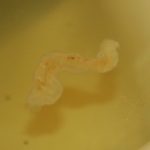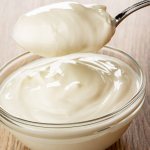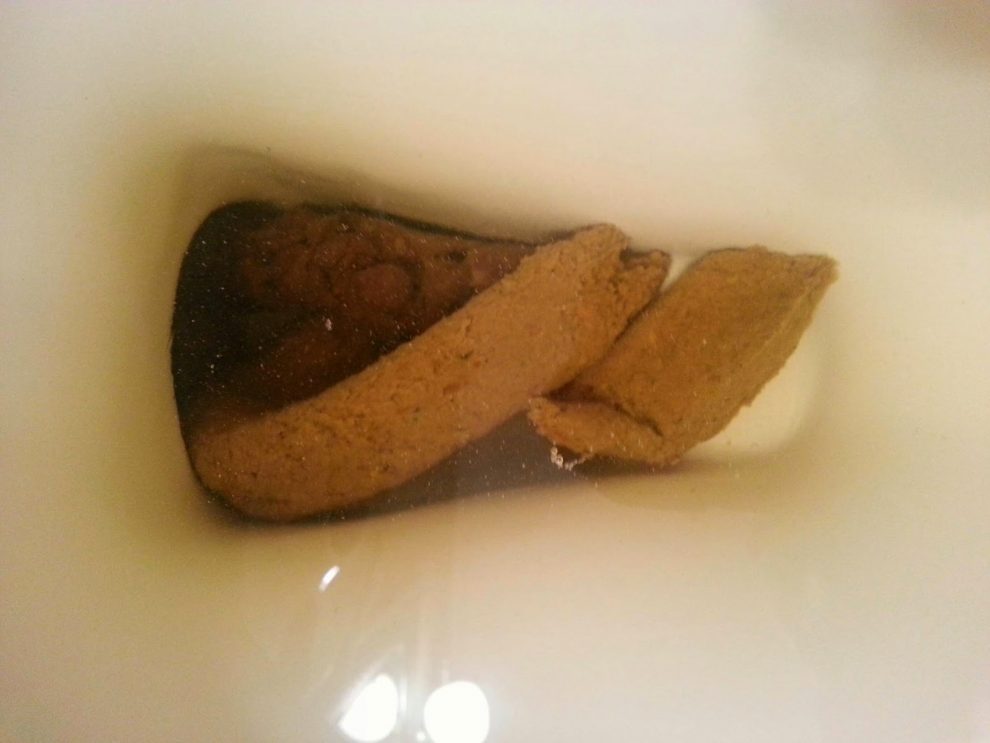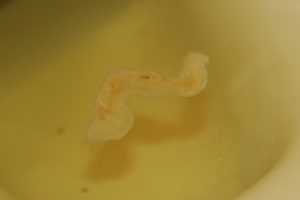According to Steatorrhea medical definition, a condition where excessive fats are present in the stools or feces is known as steatorrhea. What does fatty stool look like? The stools formed in this condition are bulky with a characteristic steatorrhea color i.e pale and oil like appearance. The characteristic feature of steatorrhea is a foul smell in stools along with fecal incontinence. In this article we will learn about steatorrhea and the ways regarding the treatment of this health concern.
-
Contents
What is Steatorrhea?
A condition where excessive fat is released along with feces with a foul smell is known as steatorrhea. According to modern steatorrhea definition, it is not a disease; it is an indication of underlying health concerns. The condition is characterized by the frequent oily discharge from the anus along with feces and is hence called fecal incontinence. The disease is generally caused by the inability of intestine to absorb fats and as a result the body keeps on releasing excessive fats along with stools. What does fat in stool look like? A slimy and oily mass which makes the feces bulky and pale in appearance is seen in steatorrhea.
-
Steatorrhea Causes:
The digestive and absorptive issues in the body can cause steatorrhea. The condition is caused generally when intestine fails to absorb fats completely. The malfunctioning of liver and pancreas can also result in steatorrhea.
- During hepatic diseases, liver fail to produce sufficient bile and hence fat digestion in the body is disturbed. In the same way, during pancreatic ailments the enzyme for fat digestion “lipase” is not produced which can cause abnormal level of fats in the feces. Steatorrhea bile acid mal-absorption is a main cause of this condition.
- Intestinal stasis is a condition where due to weak peristaltic movements; food is not properly transferred to the intestine. As a result, bacterial growth is expected and it results in steatorrhea. In most of the cases the cause of Steatorrhea is bacterial overgrowth.
- Hepatitis, cirrhosis of liver and its inflammation can also reduce the digestion and absorption of fats in the body and can result in steatorrhea.
- In some cases, Steatorrhea is a symptom of gastritis as well. If this kind of steatorrhea, black stools are discharged.
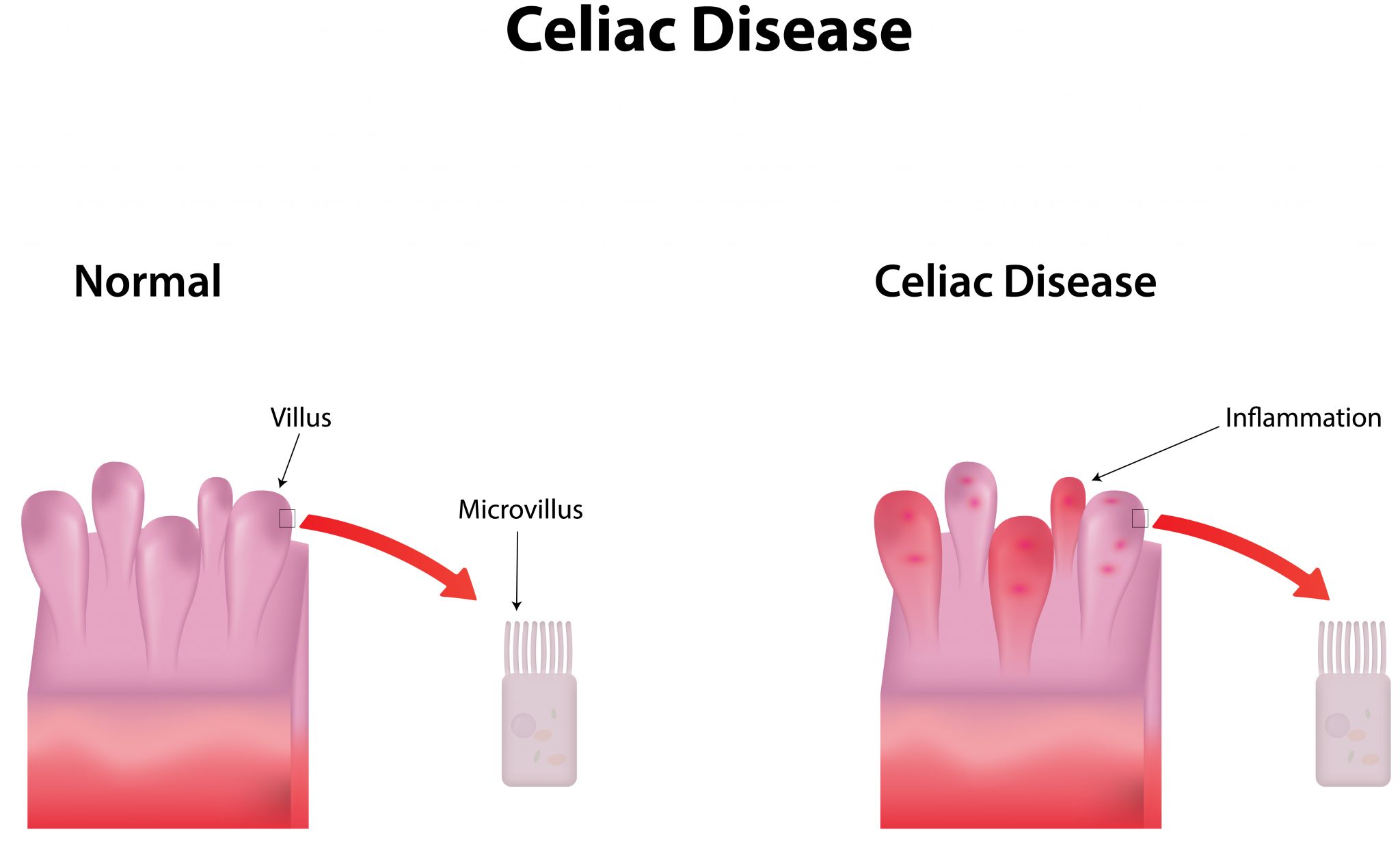
-
Steatorrhea Symptoms:
Greasy floating stools in toilet and strong foul smell are the characteristic features of steatorrhea. Some prominent symptoms of this condition are mentioned below:
- Bulky stools with pale coloration, Steatorrhea pictures can be seen for self diagnosis.
- Strong and foul smell
- Frequent weight loss
- Jaundice with paleness of skin and eyes
- Nausea, loose and greasy stools along with lower abdominal pain.
- Frequent rumbling noises of stomach along with flatulence
- Repeated diarrhea.
-
When to Consult Doctor?
Self treatment is never considered good, it is important to consult a nearby medical expert for the evaluation of condition. For the diagnosis of the real, the Steatorrhea stool test requires 72 hours to check Steatorrhea fat content. Patients are generally asked to submit their stools of 100 grams for three days. The presence of bad fat in more than 14 grams in the stools is an indication of this disease. Steatorrhea gas has an unpleasant foul odor (considered typical steatorrhea smell) which makes the condition easier to be diagnosed.
-
Treatment of Steatorrhea:
The treatment option depends on the exact cause of this condition. If the condition is caused due to imbalance of digestive enzymes, the digestive supplements are prescribed. Some main options of treatment of this condition are mentioned below:
-
Reduction of Fat Intake:
The first line treatment of this condition is to lower the intake of fats in diet. Doctor is likely to recommend a diet which is low in fat and oil free. If you are suffering from steatorrhea, diet must be simple and oil free.
-
Less Intake of Alcohol:
Sometimes, the inflammation of liver is caused due to excessive intake of alcohol. In this condition, it is prescribed to reduce the intake of alcohol.
-
Enzyme Supplements:
Intake of enzyme supplements to boost up the fat digestion can be helpful; the supplements are recosmmended to be taken with meals.
-
Antibiotics:
Over growth of bacteria in the intestine can also result in steatorrhea. Prescription antibiotics are used for steatorrhea treatment. Steatorrhea diarrhea is caused in some conditions as well due to bacterial overgrowth.
-
Fat Soluble Vitamins and Their Supplements:
If the cause of steatorrhea is pancreatitis, patients are generally advised to take more vitamins in diet which can dissolve fat (fat soluble vitamins). Along with diet, some supplements can also be helpful.
-
Intake of Folic Acid:
In most of the cases of spure, the intake of folic acid is a significant therapy for steatorrhea. Home remedies to treat steatorrhea include the intake of vegetables containing high amount of folic acid such as Broccoli and spinach.
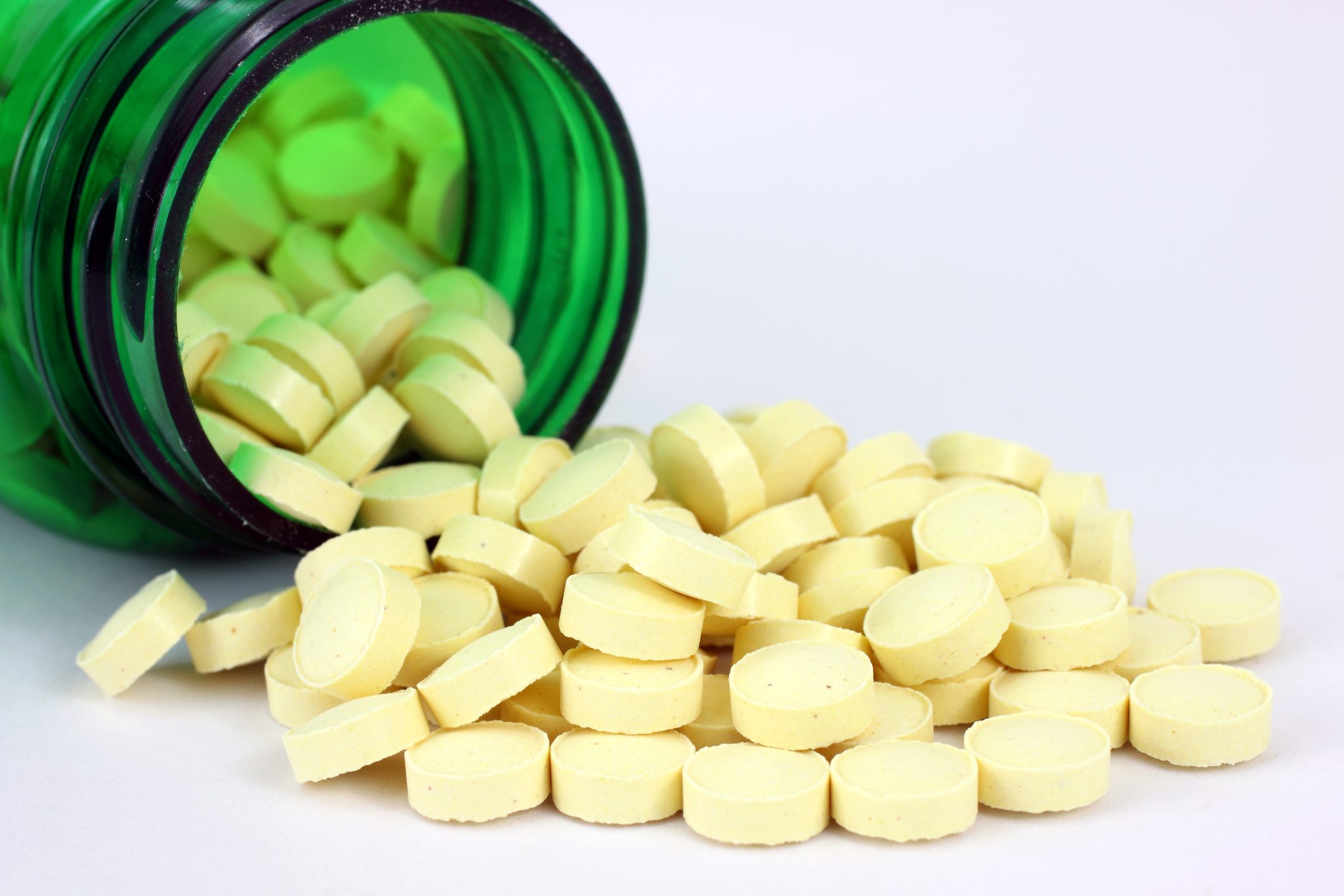
-
Preventive Measures:
There are some easy measures to prevent this condition, taking a balanced diet is a key. Some other preventive measures against steatorrhea include:
- Reduce the intake of alcohol as it can damage the liver and result in cirrhosis. This ultimately alters the fat absorption in the body.
- Reduce the intake of oily food and food which is rich in fats.
- Add green leafy vegetables in the diet. The green leafy vegetables contain plenty of folic acid and fat soluble vitamins which can be very helpful for the digestive tract.
- Consult your doctor soon after the appearance of symptoms.
-
Bottom Line:
Steatorrhea is a condition where abnormal fats appear in the stools making them bulky and difficult to be flushed. The foul smell and frequent anal discharge containing oil is the symptom of this condition. The causes are multiple, the inflammation and malfunctioning of liver and pancreas are the key causes. It is advised to consult your health care provider as the condition is an indication of some mild to serious problem in liver and pancreas. There are plenty of treatment options depending on the root cause of this condition. Reduce the intake of fats and alcohol is best preventive measure against this condition.
Read this Article : Causes & Treatment of Mucus In Stools


